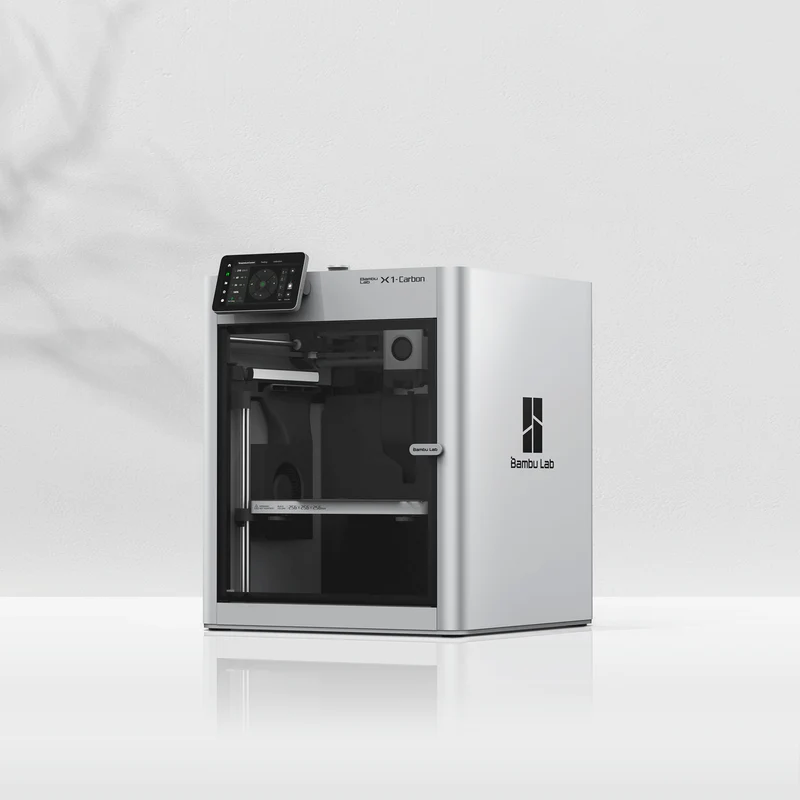The Bambu Lab P1S Is Almost Perfect at $699. Almost.

Bambulab p1s
Bambulab3D printer - FDM
AI summary
Overview of the Bamboo Lab P1S 3D Printer
The Bamboo Lab P1S is a noteworthy addition to the 3D printer market, strategically placed between its siblings, the P1P and the X1 Carbon, in terms of features and pricing. Offering a compelling package that includes advanced automatic material handling systems in its combo version, the P1S positions itself as a middle-ground option that appeals to a wide range of users. The differences among the lineup are significant, especially when considering the build and material handling capabilities that each model brings to the table.
Design and Functionality
The P1S distinguishes itself with a design that incorporates a closed-loop cooling system and enhanced air filtration, leveraging activated carbon filters. This is in contrast to the more open system of the P1P and the high-end features of the X1 Carbon, which includes a sophisticated Lidar system. Despite having a smaller display compared to the X1 Carbon, the P1S, like the P1P, offers functional control mechanisms and compatibility with a robust slicer software, making it a capable machine despite its simpler interface.
Connectivity and Usability
Connectivity features of the P1S stand out, particularly the inclusion of both Wi-Fi and Bluetooth capabilities, setting it apart from the X1 Carbon. The user experience is further enhanced by the ability to receive notifications and monitor prints via an integrated camera, despite some connectivity delays. The added convenience of being able to remotely check on print progress underscores the practical utility of the P1S in a busy or multi-tasking environment.
Printing Performance and Quality
Performance-wise, the P1S impressively delivers on print quality and speed, holding its own against its counterparts. The real-world print tests demonstrate its capability to produce finely detailed prints with commendable clarity, especially in text on the bottom of prints. The inclusion of a Micro SD card pre-loaded with a variety of models showcases the versatility and quality that the P1S can achieve straight out of the box, highlighting its suitability for both recreational and functional printing tasks.
Advanced Material System and Filament Compatibility
The Automatic Material System (AMS) of the P1S is particularly noteworthy for those interested in multi-color printing. It streamlines the filament changeover process, although at the expense of additional time for prints with frequent color changes. Bamboo's proprietary filament, equipped with RFID chips for optimized printing settings, offers convenience and quality, albeit at a potential premium over generic alternatives.
Market Position and Competition
As the 3D printing market evolves, the P1S competes not only within its brand family but also against emerging models from other manufacturers that promise similar or faster speeds and innovative features. Despite this competition, the combination of affordability, features, and performance makes the Bamboo Lab P1S a strong contender for those seeking a reliable and versatile 3D printer.
Conclusion
Ultimately, the Bamboo Lab P1S represents a significant value proposition in the 3D printing landscape, balancing cost, capabilities, and convenience. It exemplifies the rapid advancement of 3D printing technology, marrying user-friendly features with strong performance. Whether for hobbyists, designers, or small businesses, the P1S is poised to meet a broad spectrum of printing needs, signifying Bamboo Lab's strong foothold in the competitive 3D printing market.
